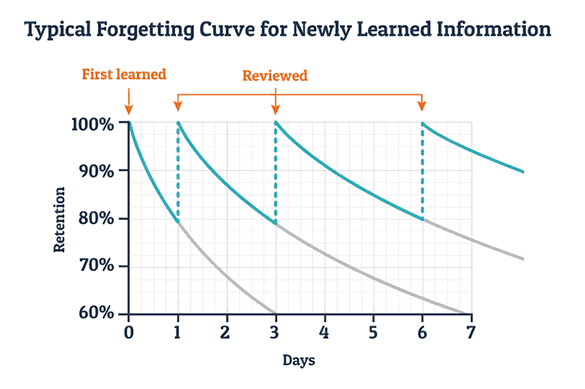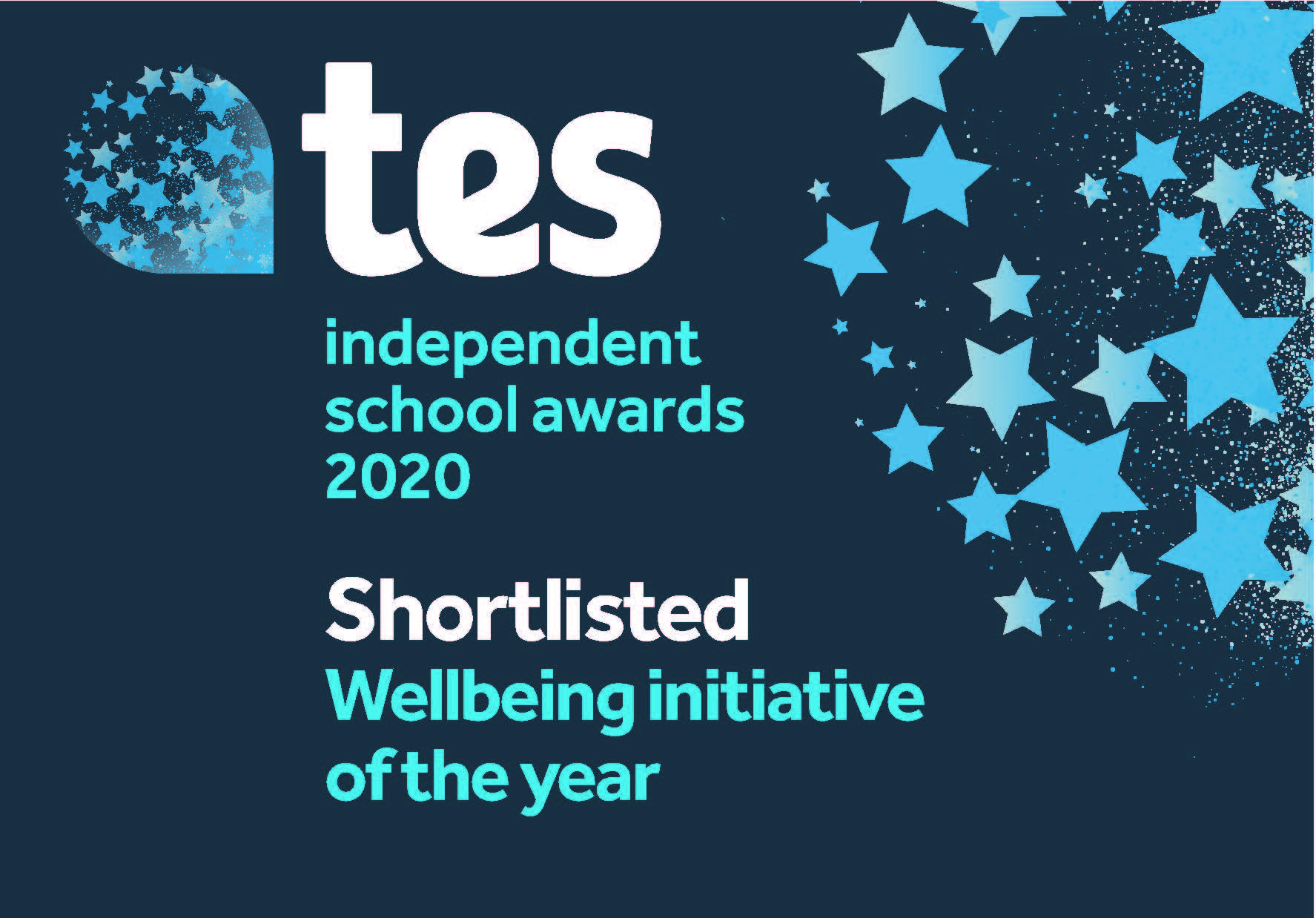As exam season looms, we spoke to Deputy Headmaster, Mr Boardman to share a few tips on how to get the best out of your exam revision.
-
Have a revision plan
Create a timetable for yourself in the weeks leading up to your exams. Add into it when your exams are and work back to ensure you plan sufficient revision time for each subject. You know which subjects require more commitment than others – bear this in mind when creating your plan and ensure it is achievable. In a revision session, plan to revise subjects you are less confident with first.
-
Take regular breaks
Having a realistic plan will ensure there is no cramming – this isn’t healthy and will only add to your stress. Take short, regular breaks every 45 minutes or so to ensure you stay focused and retain more information.
-
Practise previous exam questions
Ask your teachers for relevant past exam papers – answering these under timed conditions is great practise for the real thing. You may also find papers online from the exam board website. Testing your memory and knowledge, not simply re-reading or copying is key to retaining information. Only use revision materials which are specifically for your examination syllabus – this is essential!
-
Find a revision technique that works for you
What works for a friend may not work for you, so by starting early you can experiment to find out what technique suits you best for each of your subjects. This could be flash cards, using past papers, mind maps, working with a friend or group, or using a voice recorder. Being active rather than static in your revision is the best strategy; static revision can be very boring and ineffective. Playing back recordings of your own voice just before you go to sleep or when you are travelling to and from school can be very productive.
-
Consider where and when to study
Ensure you study in a place that is comfortable, light, and distraction-free, and study at times when you are most productive and able to retain the information. You may find you work more effectively by alternating your study space, or you may find one place works best. Recalling facts and testing yourself whilst taking a walk and enjoying some fresh air can also be very effective. Experiment and see what works for you.
-
Look after yourself
Stay on top form by eating healthy and ensuring you get plenty of sleep. A healthy mind needs a healthy body, so ensure you look after yourself whilst revising. Regular exercise will also help you stay alert. And set yourself a little reward for the end of each revision session – watching your favourite programme, meeting with a friend, or going out for a meal, for example, is something to look forward to.
-
Minimise distractions
It is tempting and easy to get distracted – picking up your phone to talk to a friend or checking your emails or social media could easily lose you valuable study time. Stay focused on the job at hand and remove distractions from the get-go. The sooner you get your revision done, the sooner you can get back to your phone or watching your favourite programme on Netflix!
-
Ask family and friends to test you
Repeating information is a great way to retain it, so ask those close to you to test your knowledge with a few ‘quick-fire’ questions from time to time. Use this technique to keep going over and quickly recapping on material you have revised previously.
-
Teach someone else
Another good way to test yourself is to teach someone else (or your pet or even the wall or your reflection in a mirror) from memory. Explaining topics in this way will help you understand what you can remember, as well as what you may need to spend more time revising on.
-
Stay calm and positive
When it comes to exam day, try to remain calm and positive. You’ll know more that you probably give yourself credit for and if you’ve put in the work, now is the time to shine. Ensure you read the exam instructions thoroughly and once an exam is finished, don’t spend long dwelling on it. It’s time to move on and focus on the next one.
” … if you’ve put in the work, now is the time to shine.”








Be Social!